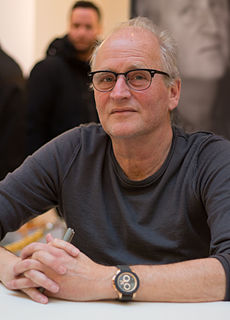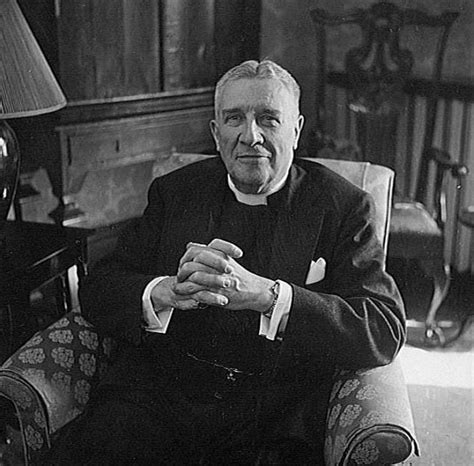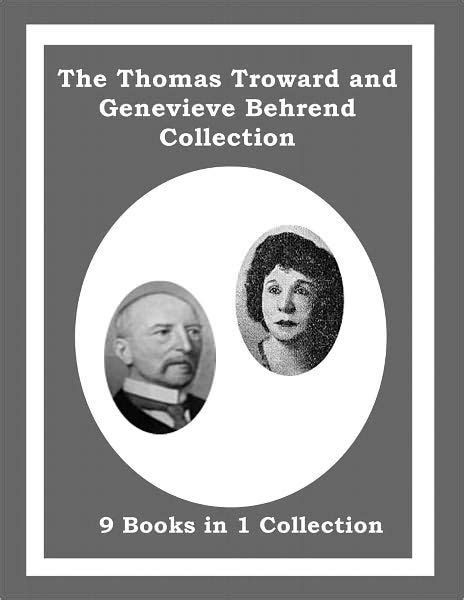A Quote by Herman Koch
If I had to give a definition of happiness, it would be this: happiness needs nothing but itself; it doesn’t have to be validated.
Quote Topics
Related Quotes
The belief that happiness has to be deserved has led to centuries of pain, guilt, and deception. So firmly have we clung to this single, illusory belief that we've almost forgotten the real truth about happiness. So busy are we trying to deserve happiness that we no longer have much time for ideas such as: Happiness is natural, happiness is a birthright, happiness is free, happiness is a choice, happiness is within, and happiness is being. The moment you believe that happiness has to be deserved, you must toil forevermore.
I had always been taught that the pursuit of happiness was my natural (even national) birthright. It is the emotional trademark of my culture to seek happiness. Not just any kind of happiness, either, but profound happiness, even soaring happiness. And what could possibly bring a person more soaring happiness than romantic love.
I think for me, happiness is crucial, but I think we think that happiness comes from amassing goods and getting things and being loved and being successful, when in fact my experience of happiness comes when you give everything away, when you serve people, when you're watching something you do make somebody happy, that's when happiness happens.
Certainly I believe that God gave us life for happiness, not misery. Humanity, I am sure, will never be made lazy or indifferent by an excess of happiness. Many persons have a wrong idea of what constitutes true happiness. It is not attained through self-gratification but through fidelity to a worthy purpose. Happiness should be a means of accomplishment, like health, not an end in itself.
A feeling that greater possessions, no matter of what kind they may be, will of themselves bring contentment or happiness, is a misunderstanding. No person, place, or thing can give you happiness. They may give you cause for happiness and a feeling of contentment, but the JOY of Living comes from within.
Indeed, happiness is nothing other than being encompassed, an after-image of the original shelter within the mother. But for this reason no one who is happy can know that he is so. To see happiness, he would have to pass out of it: to be as if already born. He who says he is happy lies, and in invoking happiness, sins against it. He alone keeps faith who says: I was happy.
[The church] is in its major part an opponent still of progress and improvement in all the ways that diminish suffering in the world, because it has chosen to label as morality a certain narrow set of rules of conduct which have nothing to do with human happiness; and when you say that this or that ought to be done because it would make for human happiness, they think that has nothing to do with the matter at all. "What has human happiness to do with morals? The object of morals is not to make people happy.




































